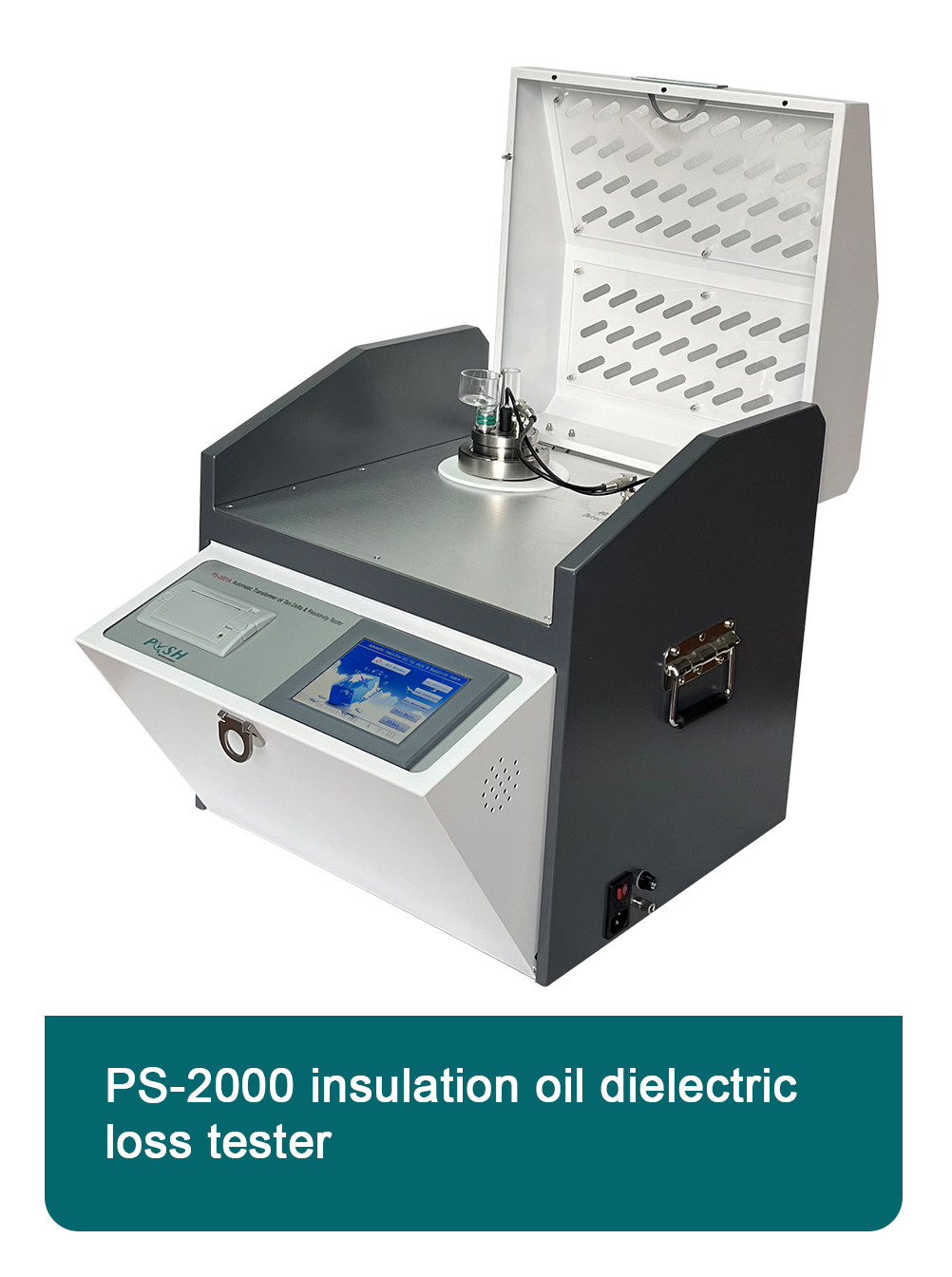 English
English



-
 Afrikaans
Afrikaans -
 Albanian
Albanian -
 Amharic
Amharic -
 Arabic
Arabic -
 Armenian
Armenian -
 Azerbaijani
Azerbaijani -
 Basque
Basque -
 Belarusian
Belarusian -
 Bengali
Bengali -
 Bosnian
Bosnian -
 Bulgarian
Bulgarian -
 Catalan
Catalan -
 Cebuano
Cebuano -
 China
China -
 China (Taiwan)
China (Taiwan) -
 Corsican
Corsican -
 Croatian
Croatian -
 Czech
Czech -
 Danish
Danish -
 Dutch
Dutch -
 English
English -
 Esperanto
Esperanto -
 Estonian
Estonian -
 Finnish
Finnish -
 French
French -
 Frisian
Frisian -
 Galician
Galician -
 Georgian
Georgian -
 German
German -
 Greek
Greek -
 Gujarati
Gujarati -
 Haitian Creole
Haitian Creole -
 hausa
hausa -
 hawaiian
hawaiian -
 Hebrew
Hebrew -
 Hindi
Hindi -
 Miao
Miao -
 Hungarian
Hungarian -
 Icelandic
Icelandic -
 igbo
igbo -
 Indonesian
Indonesian -
 irish
irish -
 Italian
Italian -
 Japanese
Japanese -
 Javanese
Javanese -
 Kannada
Kannada -
 kazakh
kazakh -
 Khmer
Khmer -
 Rwandese
Rwandese -
 Korean
Korean -
 Kurdish
Kurdish -
 Kyrgyz
Kyrgyz -
 Lao
Lao -
 Latin
Latin -
 Latvian
Latvian -
 Lithuanian
Lithuanian -
 Luxembourgish
Luxembourgish -
 Macedonian
Macedonian -
 Malgashi
Malgashi -
 Malay
Malay -
 Malayalam
Malayalam -
 Maltese
Maltese -
 Maori
Maori -
 Marathi
Marathi -
 Mongolian
Mongolian -
 Myanmar
Myanmar -
 Nepali
Nepali -
 Norwegian
Norwegian -
 Norwegian
Norwegian -
 Occitan
Occitan -
 Pashto
Pashto -
 Persian
Persian -
 Polish
Polish -
 Portuguese
Portuguese -
 Punjabi
Punjabi -
 Romanian
Romanian -
 Russian
Russian -
 Samoan
Samoan -
 Scottish Gaelic
Scottish Gaelic -
 Serbian
Serbian -
 Sesotho
Sesotho -
 Shona
Shona -
 Sindhi
Sindhi -
 Sinhala
Sinhala -
 Slovak
Slovak -
 Slovenian
Slovenian -
 Somali
Somali -
 Spanish
Spanish -
 Sundanese
Sundanese -
 Swahili
Swahili -
 Swedish
Swedish -
 Tagalog
Tagalog -
 Tajik
Tajik -
 Tamil
Tamil -
 Tatar
Tatar -
 Telugu
Telugu -
 Thai
Thai -
 Turkish
Turkish -
 Turkmen
Turkmen -
 Ukrainian
Ukrainian -
 Urdu
Urdu -
 Uighur
Uighur -
 Uzbek
Uzbek -
 Vietnamese
Vietnamese -
 Welsh
Welsh -
 Bantu
Bantu -
 Yiddish
Yiddish -
 Yoruba
Yoruba -
 Zulu
Zulu
ground circuit impedance tester
Understanding Ground Circuit Impedance Testers
Ground circuit impedance testers are essential devices used primarily in electrical engineering and maintenance to ensure the safety and effectiveness of grounding systems. These testers are designed to measure the resistance and impedance of grounding systems, helping to identify potential issues that could lead to electrical hazards, performance inefficiencies, or equipment failures.
Grounding systems play a critical role in electrical installations by providing a pathway for fault currents, reducing voltage spikes, and ensuring operational stability of electrical equipment. However, over time, factors such as environmental conditions, corrosion, and physical damage can affect the integrity of these grounding systems. This is where ground circuit impedance testers come into play, allowing engineers and technicians to conduct regular checks and maintenance.
The operation of a ground circuit impedance tester typically involves injecting a known current into the grounding system and measuring the voltage drop across the grounding electrodes. From these measurements, the tester calculates the impedance of the ground circuit. This impedance is crucial because it indicates how effective the grounding system is at directing fault currents safely into the ground.
ground circuit impedance tester

Using a ground circuit impedance tester yields several benefits
. First and foremost, it aids in compliance with safety regulations and standards, which often require periodic testing of grounding systems, especially in commercial and industrial facilities. Regular testing can help identify high impedance connections that need attention, ensuring that the grounding system effectively prevents electrical shocks or fire hazards.Moreover, ground circuit impedance testers also assist in troubleshooting issues within the electrical system. If electrical equipment experiences frequent failures or malfunction, measuring the ground circuit impedance can reveal problems such as loose connections, degradation of grounding elements, or inadequate grounding system design. By addressing these issues promptly, technicians can enhance system reliability and minimize downtime.
When selecting a ground circuit impedance tester, several factors should be considered. The device should be capable of measuring low impedance values, as effective grounding systems often exhibit very low resistance. Additionally, portability, ease of use, and data recording capabilities are features that can enhance operational efficiency.
Overall, ground circuit impedance testers are invaluable tools for maintaining electrical safety and system performance. They not only help in ensuring compliance with regulations but also in safeguarding personnel and equipment from the dangers posed by inadequate grounding. In a world increasingly dependent on reliable electrical systems, investing in and utilizing these testers is critical for anyone involved in electrical engineering or maintenance.
-
Ensuring SF₆ Gas Safety: Introducing PUSH’s Integrated SF₆ Analyzer for Dew Point, Purity, and Decomposition MonitoringNewsJul.10,2025
-
Exploring the Main Types of Industrial Endoscopes and Their Applications Across IndustriesNewsJul.04,2025
-
Testing Equipment Industry Sees Major Advancements in 2025: Smart & Precision Technologies Lead the WayNewsJun.06,2025
-
Applications of Direct Current Generators in Renewable Energy SystemsNewsJun.05,2025
-
Hipot Tester Calibration and Accuracy GuidelinesNewsJun.05,2025
-
Digital Circuit Breaker Analyzer Features and BenefitsNewsJun.05,2025



